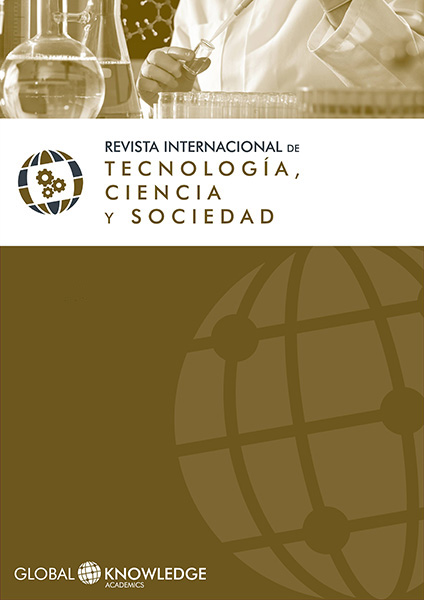A New Understanding of Privacy: From the Right to Be Alone to the Informative Self-Determination
DOI:
https://doi.org/10.37467/gka-revtechno.v5.1351Keywords:
Dignity, Privacy, TechnologyAbstract
The respect for privacy as a fundamental right presents an increasingly urgent requirement, whereas the right to privacy it is essential to human dignity. It is urgent the construction of a new constitutionalism of the electronic space where privacy protection will constitute an essential right in the consolidation of social identity and dignity. The technology, despite allowing the construction of a private sphere more diversified, becomes more vulnerable as its exposure becomes constant. It justifies the growing need for a further strengthening of the legal protection of privacy. The primary objective of this research is to seek a new valuation of human, social and juristic scientific and technological innovations used by public and private institutions. To attain this end, it will be adopted the Civil Constitutional Law’s methodology, taking as theoretical framework privacy in surveillance society, an object theme of deep studies by the Italian jurist Stefano Rodotà.
References
Aieta, V. S. (1999). A garantia da intimidade como direito fundamental. Rio de Janeiro, Brasil: Lumen Juris.
Bauman, Z. (2004). Amor líquido: sobre a fragilidade dos laços humanos. Rio de Janeiro, Brasil: Jorge Zahar.
Brandeis, L. e Warren, S. (1890). The right to privacy. Harvard Law Review, 4.
Brasil. (1997). Lei 9.507 de 12 de novembro de 1997. Regula o direito de acesso a informações e disciplina o rito processual do habeas data. Brasília, DF, 1997. Disponível em: http://www.planalto.gov.br/ccivil_03/leis/L9507.htm. Acesso em 06 mar. 2013a.
Brasil. (2005). Projeto de Lei 5870, 5 de setembro de2005. Disciplina os bancos de dados de proteção ao crédito e de relações comerciais, bem como sua relação com os cadastrados, fontes de informações e consulentes. Brasília, DF, 2005. Disponível em:
http://www.presidencia.gov.br/ccivil_03/Projetos/PL/2005/msg571-050901.htm.Acesso em 06 mar.2013b.
Foucault, M. (2011). Microfísica do Poder. Rio de Janeiro, Brasil: Edições Graal.
Habermas, J. (1997). Direito e Democracia: entre facticidade e validade. Rio de Janeiro, Brasil: Tempo Brasileiro.
Marini, G. (2005). La giuridificazione della persona.Ideologie e tecniche nei diritti della personalità. In: Il diritto privato nella società moderna. (pp.375-419). Seminario in onore di S.Rodotà, a cura di Guido Alpa e Vincenzo Roppo. Napoli, Itália: Jovene Editore.
Meirelles, J. (1998). O ser e o ter na codificação civil brasileira: do sujeito virtual à clausura patri-monial. In: Luiz Edson Fachin. (Org.). Repensando fundamentos do Direito Civil Brasilei-ro Contemporâneo. (pp. 87-114). Rio de Janeiro, Brasil: Renovar.
Moraes, M. C. B. de (2010a). Ampliando os direitos de personalidade. In: Na medida da pessoa hu-mana: estudos de direito civil-constitucional. (pp. 121-148). Rio de Janeiro, Brasil: Renovar.
Moraes, M. C. B. de (2003). Danos à pessoa humana: uma leitura civil-constitucional dos danos morais. (pp.117-128). Rio de Janeiro, Brasil: Renovar.
Moraes, M. C. B. de (2010b). O princípio da dignidade da pessoa humana. In: Na medida da pessoa humana: estudos de direito civil-constitucional. (pp. 71-120). Rio de Janeiro, Brasil: Renovar.
Rodotà, S. (2008). A vida na sociedade da vigilância: A privacidade hoje. Rio de Janeiro, Brasil: Renovar.
Rodotà, S. (2004). Transformações do corpo. In: Revista Trimestral de Direito Civil, 19, 91-107.
Downloads
Published
How to Cite
Issue
Section
License
Those authors who publish in this journal accept the following terms:
- Authors will keep the moral right of the work and they will transfer the commercial rights.
- After 1 year from publication, the work shall thereafter be open access online on our website, but will retain copyright.
- In the event that the authors wish to assign an Creative Commons (CC) license, they may request it by writing to publishing@eagora.org








